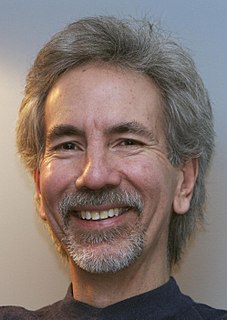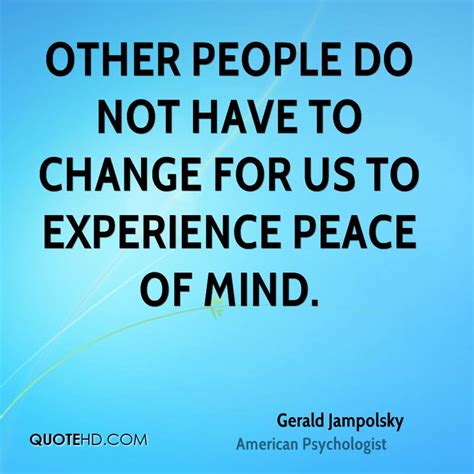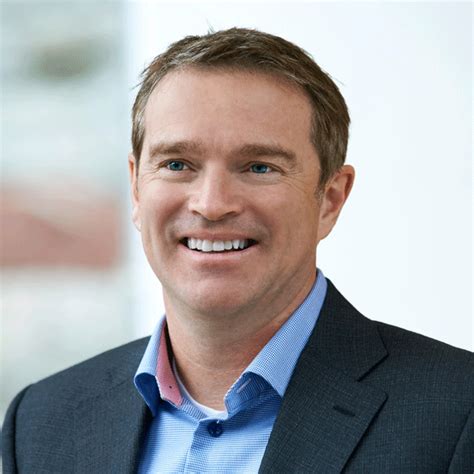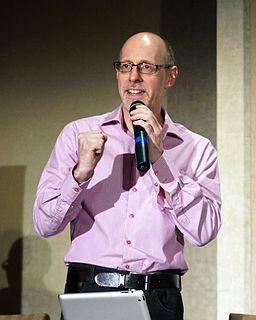A Quote by Tristan Harris
Information that confirms our beliefs makes us feel good; information that challenges our beliefs doesn't.
Quote Topics
Related Quotes
When examining evidence relevant to a given belief, people are inclined to see what they expect to see, and conclude what they expect to conclude. Information that is consistent with our pre-existing beliefs is often accepted at face value, whereas evidence that contradicts them is critically scrutinized and discounted. Our beliefs may thus be less responsive than they should to the implications of new information
If we choose only to expose ourselves to opinions and viewpoints that are in line to our own, we become more polarized, more set in our own ways. It will only reinforce and deepen the political divides in our country. But if we choose to actively seek out information that challenges our assumptions and beliefs, perhaps we can begin to understand where the people who disagree with us are coming from.
Money and prices and markets don't give us exact information about how much our suburbs, freeways, and spandex cost. Instead, everything else is giving us accurate information: our beleaguered air and watersheds, our overworked soils, our decimated inner cities. All of these provide information our prices should be giving us but do not.
The birth of excellence begins with our awareness that our beliefs are a choice. We usually don't think of it that way, but belief can be a conscious choice. You can choose beliefs that limit you, or you can choose beliefs that support you. The trick is to choose the beliefs that are conducive to success and the results you want and to discard the ones that hold you back.
More and more people are beginning to feel that there must be another way of thinking, perceiving, and acting. And perhaps the beginning of another way of looking at the world is to re-evaluate all of our beliefs. It is, after all, our beliefs that determine what we are, experience, and expect. When we are willing to take a new look at our own beliefs, we then have an opportunity to begin rediscovering who and what we are and to redetermine our true purpose on Earth.






































